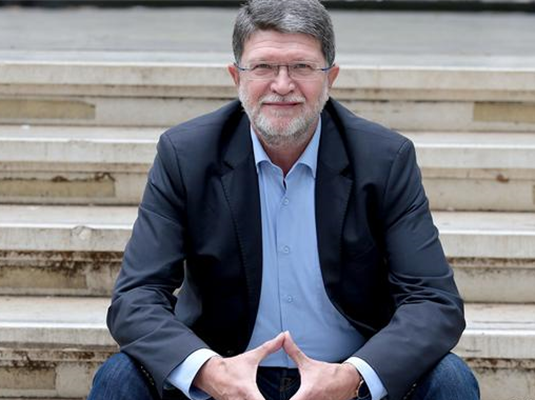Deutsche Welle: Your new role is to regulate the conditions for the allocation of 14.5 billion € from the IPA III program for six non-EU Balkan countries. How do you evaluate Croatian neighbors, since the programming in the future will not be based on country envelopes in the future, but on thematic and project priorities such such as rule of law, basic human rights and migration, socio-economic development...
Tonino Picula: Montenegro gained candidate status in 2010, Serbia two years later, and Bosnia and Herzegovina still didn0t and it is difficult to say when it will. BiH is objectively declining, lacking political, economic and social reforms and this is encouraging already poor inter-party relations and blockade of institutions, as evidenced in their use of EU funds. In BiH, the principles of equality, subsidiarity and federalism are not sufficiently respected, necessary for BiH to complete the transition to an effective and fully functional state. Montenegro has opened a total of 32 of the 35 negotiating chapters, and three are provisionally closed. The EC report for 2018 reveals a lack of confidence in the electoral system, but on the other hand, Montenegro is making moderate progress in the judiciary and is making the same progress in public administration in terms of rationalization and depoliticisation, where additional efforts are needed. Thus, the priorities for users in IPA III should also be considered. According to the EC report for 2018, Serbia is still lagging behind in the rule of law and media freedoms, while it has made progress in the areas of economy and regional cooperation. I have already spoken about Vucic's role in the collapse of the independence of institutions and the rule of law, as well as the lack of will to resolve the issue of missing persons in the wars in Croatia, BiH and Kosovo by the end. Serbia has an open EU perspective, but it is also a question of how much real will to join the Union shows the Vucic regime, linking its fate largely to Russia and Putin's regime. In summary, problems that may be called common, and which will have to be insisted on through IPA III funding, is a poor understanding of their own role and function of institutions that should be holders and enforcers of the rule of law, protection of human rights, judicial efficiency, protection of minorities, environmental protection.
You said that it was of strategic interest for the Republic of Croatia to have other EU members one day at all its borders. What can Croatia do in this direction?
Tonino Picula: Croatia is the only country that started its EU accession process before the institutional fatigue with enlargement and ended after the Great Recession. So, it was an experience that brought a certain 'institutional wisdom' that we could pass on to other countries in the region that are potential members. Croatia, under the inherited weaknesses created during the wartime and authoritarian nineties, was under much greater EU scrutiny, and BiH, Kosovo, Serbia and Montenegro in the categories of rule of law, human rights protection and general institutional development, still have much to learn from such Croatia. Without this, EU membership is a difficult goal for the countries of the region. On the other hand, as an EU Member State, Croatia can and should convince other Member States that IPA III is in our common interest, as well as integrated so-called Western Balkans and gain additional allies for this matter.
Read the whole interview on the link.


